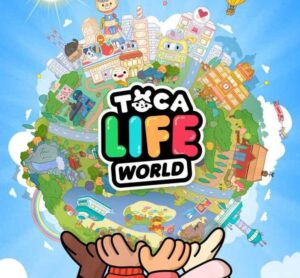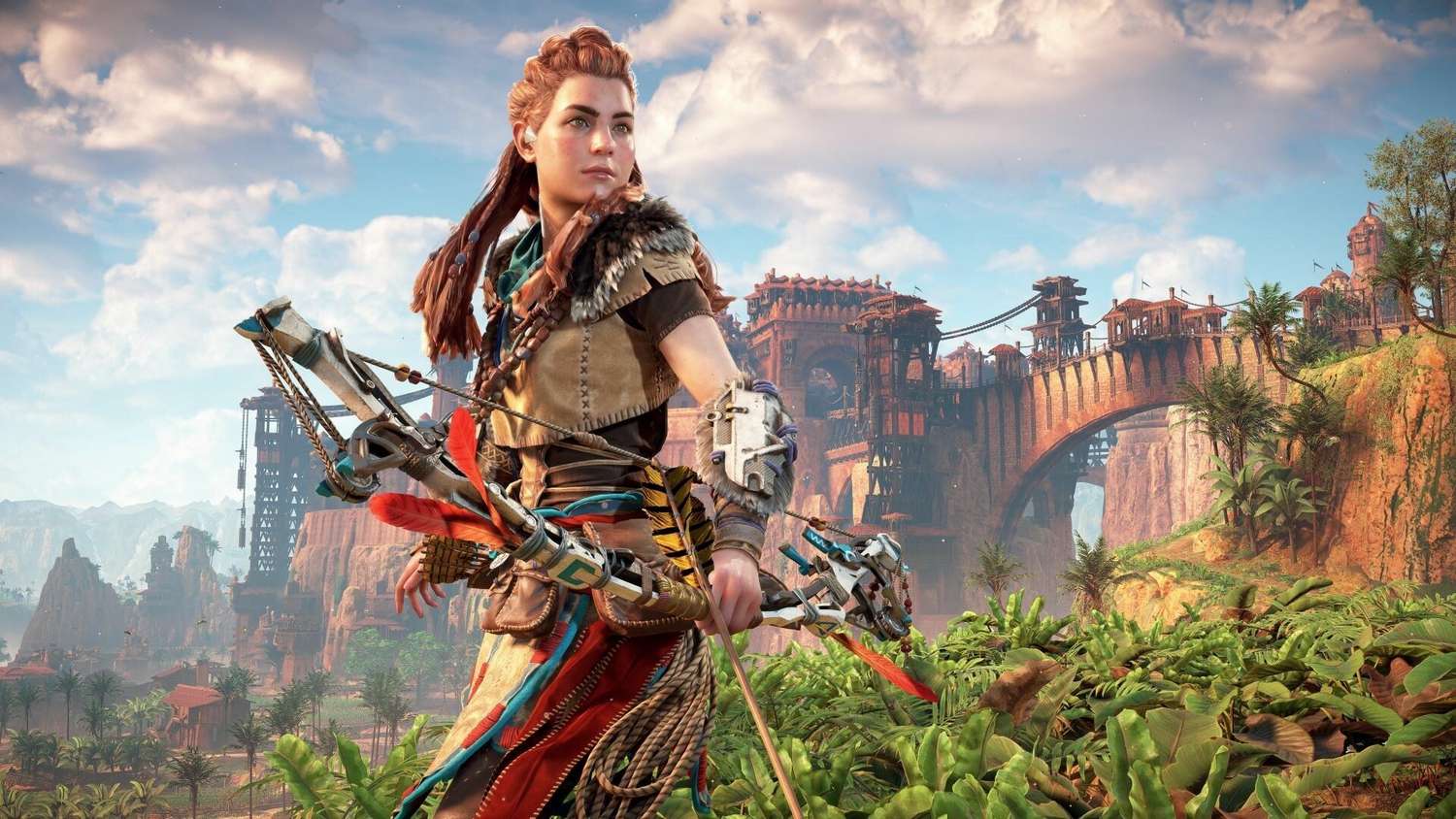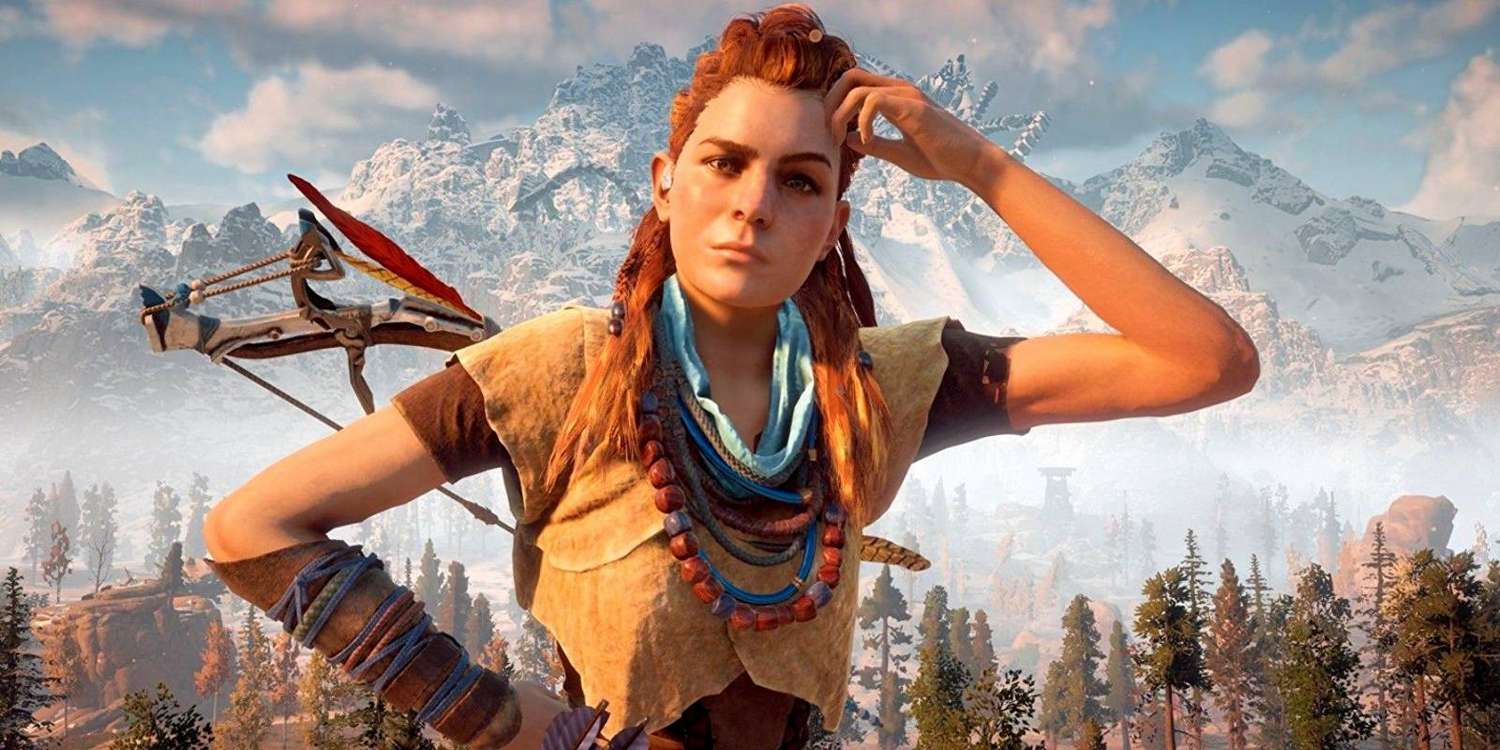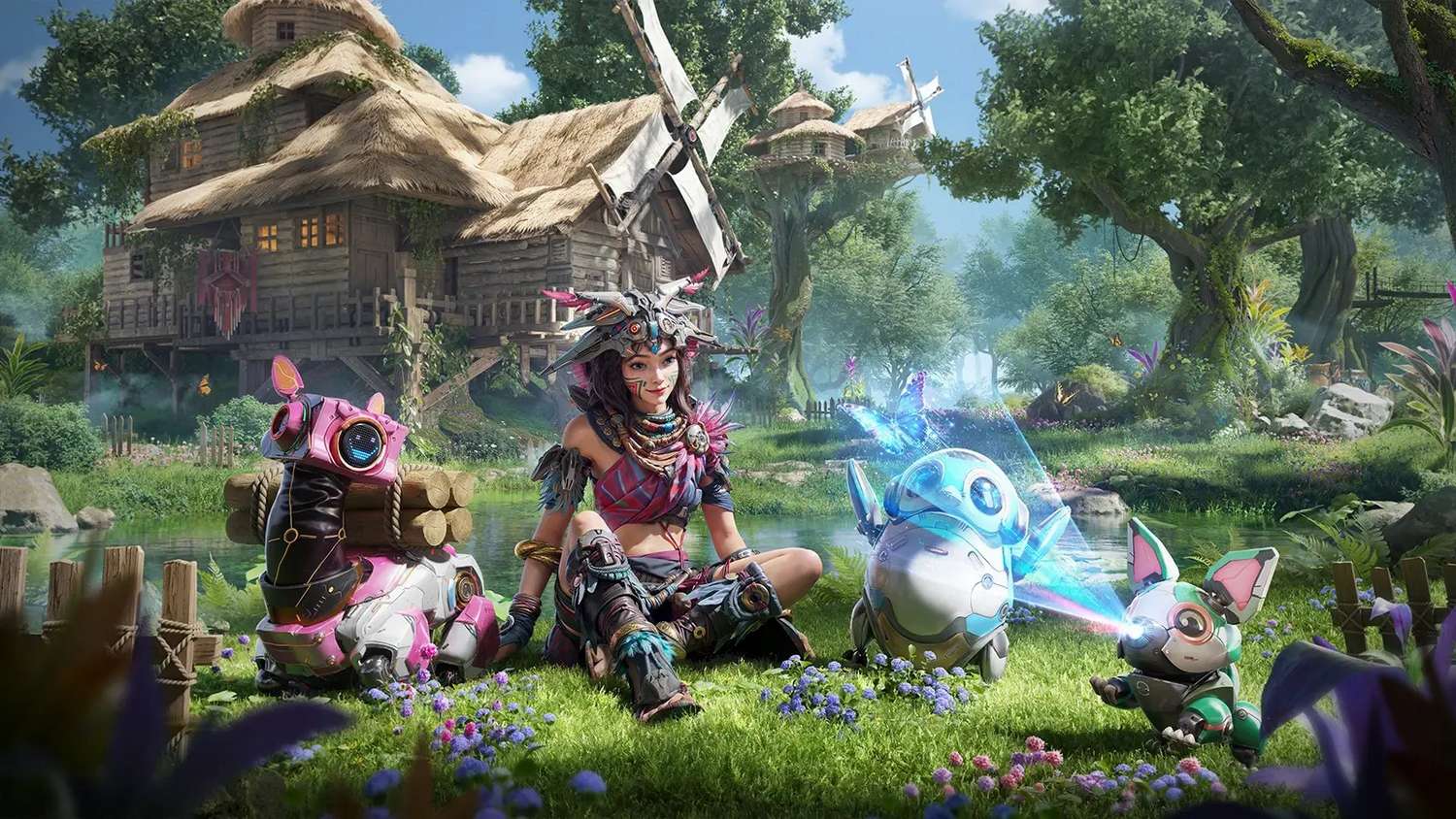Sony Escalates Legal Battle: Motion for Preliminary Injunction Filed Against Tencent’s ‘Light of Motiram’ Over ‘Horizon’ IP Infringement
Popular Now
 Fortnite
Fortnite
 FIFA 23
FIFA 23
 PUBG Mobile
PUBG Mobile
 Call of Duty
Call of Duty
 Black Myth: Wukong
Black Myth: Wukong
 Genshin Impact
Genshin Impact
 BeamNG.drive
BeamNG.drive
 God of War Ragnarök
God of War Ragnarök
 Minecraft
Minecraft
 Garena Free Fire: Kalahari
Garena Free Fire: Kalahari  The Latest Front in the Sony vs. Tencent IP War: Seeking to Halt Pre-Release Promotion
The Latest Front in the Sony vs. Tencent IP War: Seeking to Halt Pre-Release Promotion
The high-stakes legal confrontation between gaming giants Sony Interactive Entertainment (SIE) and Tencent Holdings Ltd. has entered a critical new phase. SIE has formally filed a motion for a Preliminary Injunction (PI) against Tencent in the United States District Court for the Northern District of California. This aggressive move aims to immediately halt Tencent’s pre-release promotion and specific uses of content from its upcoming open-world survival title, Light of Motiram, which Sony asserts is a “slavish clone” of its lucrative and globally renowned Horizon Zero Dawn and Horizon Forbidden West franchise.
The motion, filed on October 15, 2025, represents a significant escalation from the initial copyright and trademark infringement complaint lodged by Sony back in July 2025. Sony is explicitly targeting several key elements of the Tencent game, which it claims violate its intellectual property (IP) rights and cause “irreparable harm” to the Horizon brand’s commercial standing and reputation.
Specific Targets of Sony’s Injunction Request
Sony’s PI motion is meticulously detailed, seeking judicial action against the alleged copying of protected elements, which have been widely noted by both the gaming press and the fan community since the initial announcement of Light of Motiram in late 2024. The core components Sony is seeking to bar include:
- The Protagonist Design: A flame-haired tribal huntress character that Sony argues is undeniably similar to Horizon’s iconic lead, Aloy, and infringes upon the “Aloy’s Character Mark.”
- Visual Aesthetics and Setting: Other visuals and artistic style elements that allegedly mirror the unique post-apocalyptic world blending primitive tribes with advanced robotic fauna that defines the Horizon franchise.
- Storyline Elements: Certain narrative themes and plot points deemed too close to the protected story arc of the Horizon series.
- Musical Composition: A melody used in Light of Motiram’s promotional trailers that Sony alleges is strikingly similar to two distinct compositions from the Horizon Zero Dawn official soundtrack: the main theme and “City on the Mesa.”
This request highlights Sony’s determination to prevent further “consumer confusion” and brand dilution, arguing that the mere continued promotion of the Tencent title with these elements constitutes ongoing damage.
Tencent’s Counterarguments: “Monopoly on Genre Conventions”
Tencent has vigorously opposed Sony’s original lawsuit and is expected to fiercely contest the PI motion. In its earlier filing to dismiss Sony’s complaint in September 2025, the Chinese tech giant argued that Light of Motiram merely utilizes “time-honored tropes” and “ubiquitous genre ingredients” common to numerous open-world, survival, and post-apocalyptic games. Titles such as The Legend of Zelda: Breath of the Wild, Far Cry: Primal, and even Enslaved: Odyssey to the West were cited as evidence that the elements Sony claims exclusivity over are foundational to the genre, not unique creations.
Furthermore, Tencent’s defense includes a procedural argument against the immediacy of a PI, pointing out that Light of Motiram‘s official release date has been delayed from late 2025 to Q4 2027—a change that occurred shortly after Sony’s initial lawsuit was filed. Tencent argues that a game so far from launch cannot possibly demonstrate the “immediate threatened injury” required for a preliminary injunction under established US law.
Sony’s Rebuttal: “The Damage Is Done”
Sony, however, has dismissed Tencent’s defense as “nonsense” and a “shell game.” In its filings, SIE maintains that the damage has already occurred, regardless of the delayed launch. They argue that the viral nature of the initial reveal, where numerous journalists and gamers instantly labeled Light of Motiram a “knock-off” or “copycat,” caused immediate and lasting harm to the goodwill and brand equity of Horizon and the “Aloy Character Mark.”
Sony is also challenging Tencent’s attempts to distance itself from responsibility by claiming the lawsuit targeted the wrong subsidiaries. SIE alleges that Tencent is deliberately “muddying the waters” by playing a corporate “shell game” with its vast network of entities to avoid accountability for a project that, Sony claims, was greenlit and promoted at high levels within the conglomerate. Sony points to a key detail: an alleged rejected proposal by a Tencent subsidiary to license the Horizon IP in March 2024, suggesting a deliberate decision to proceed with a near-identical concept after the licensing request was denied (Source: PC Gamer, GamesIndustry.biz, Games Fray).
Analysis: The Crux of the IP Dispute in a Globalized Game Market
This intellectual property litigation is shaping up to be a landmark case in the global video game industry. At its heart lies the difficult legal distinction between protected original expression and unprotectable common genre elements. The outcome of the PI motion, which Sony is requesting to be heard before the end of 2025, could set a powerful precedent:
- For Sony: A successful injunction would validate the uniqueness of Horizon’s specific combination of elements and provide a strong legal shield against future imitators, especially as it plans “current expansion plans.”
- For Tencent: A denial of the injunction would bolster the argument that concepts like a red-haired huntress in a robot-dinosaur-infested world are “generalized ideas” that can be freely adapted, emphasizing the commonality of tropes in the creative market.
The court will weigh the likelihood of Sony ultimately prevailing in the main lawsuit against the probability of immediate and irreparable harm. With both companies having billions of dollars in revenue and massive global reach, the legal strategies are expected to be aggressive, focusing heavily on what constitutes “original expression” versus mere “genre convention” in the lucrative open-world action-RPG market.
This case is a stark reminder that even the biggest players in the industry are subject to intense scrutiny over game development ethics and copyright law as the digital creative economy expands. Observers, investors, and game developers worldwide will be closely watching Judge Jacqueline Scott Corley’s eventual ruling on the preliminary injunction.










 The Latest Front in the Sony vs. Tencent IP War: Seeking to Halt Pre-Release Promotion
The Latest Front in the Sony vs. Tencent IP War: Seeking to Halt Pre-Release Promotion
